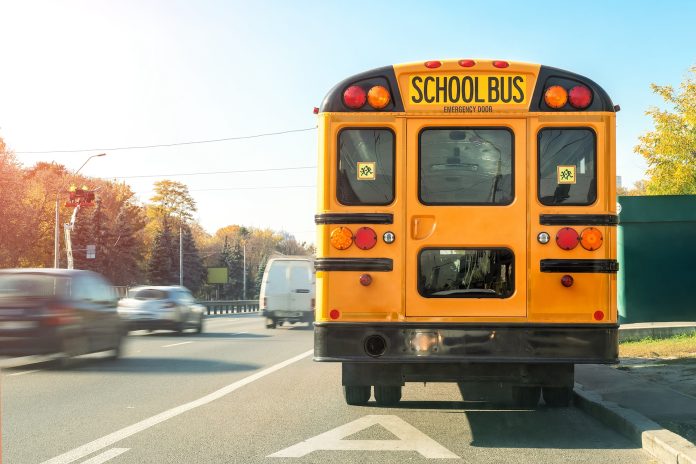In recent years, I have observed a circumstantial relationship between transportation personnel shortages and the necessity for assigning increased numbers of substitute personnel. Driver and attendant shortages are the most serious personnel shortages directly impacting daily safe transportation of children with disabilities. Transportation personnel shortages, specifically substitute personnel, have resulted in a significant intensification in the number of school transportation liability cases, for which my expert witness services have been requested. These personnel transportation shortages are not exclusively limited to drivers and attendants but also involve school transportation supervisors and dispatchers.
Most recently, the vast majority of my expert witness cases involving allegations of negligence have been specific to substitute transportation personnel serving children with disabilities. These cases consist of allegations of sexual assault, bullying, injuries and death on a vehicle, inappropriate use of specialized equipment, and a failure to supervise safe ridership resulting in harm.
In each of these cases, my primary responsibility is to demonstrate that prevention steps could have been implemented. I cannot think of one instance in which overwhelming evidence does not point to a failure to implement a school district’s transportation policies and procedures, including a failure to adequately train substitute transportation personnel. I want to be outspoken and point out that videos on vehicles are invaluable when it comes to identifying and confirming allegations of negligence and wrongdoing. My most recent cases involve both traditional school buses and alternative vehicles.
Truthfully, the use of substitute transportation personnel is not a choice for many school districts but the only option to prevent special education federal and state regulations noncompliance, when transportation services are required for children with disabilities. It is widely understood that children with disabilities are entitled to transportation services under the Individuals with Disabilities Education (IDEA) Act, when transportation is identified in an individual child’s individualized education program (IEP) in order to access a free appropriate public education (FAPE).
The influence of transportation personnel shortages is too easily misjudged, miscalculated and underestimated with respect to liability and negligence when it comes to children with disabilities. From my perspective, it is reasonable to deduce that school transportation negligence cases are rarely the result of intentional wrongdoing but more often a direct consequence of a lack of personnel knowledge and skills required to safely serve children with disabilities who have complex individualized special needs.
In instances when transportation negligence is proven, a breach of duty frequently involves one or all the following factors: a lack of transportation personnel knowledge, poor judgement, insufficient or inadequate transportation personnel training, and a failure to supervise, as required. A school district’s responsibility to protect children with disabilities from harm on a vehicle traveling to and from school is an important factor, especially where liability is concerned. The times are challenging, and school districts must rethink how they need to respond to daily transportation personnel shortages. Transportation personnel shortages are the norm and not the exception.
In summary, the following steps are recommended to address the ongoing difficulty of transportation personnel shortages: 1. Plan in advance to have a number of transportation personnel trained and available when substitute personnel is necessary. 2. Administrative personnel can be trained in multiple areas to step in without delay. 3. A recommended solution for driver and attendant shortages is to have in place an existing number of substitute trained personnel.4. Make sure that all substitute personnel receive training commensurate with the job that they are being asked to perform.5. Do not assign personnel to perform a job unless they can carry out the duties for which they are being asked to perform a specific function.
The above steps are not all inclusive. Regrettably, a common theme shared by substitute transportation personnel at depositions is that they had little or no understanding or training about the children with disabilities that they were assigned to serve. When substitute transportation personnel were asked if they would have benefited from additional training, in all instances the response has been yes. Much can be learned from reading depositions regarding appropriate corrective actions to prevent further unsafe transportation practices.School districts must become more aware and cautious about unforeseen liability when it comes to the hazards of insufficiently training substitute personnel serving children with disabilities. In recent years the need for substitute transportation personnel is no longer a unique problem but a daily reality.
Editor’s Note: As reprinted in the April 2023 issue of School Transportation News
Related: Seeing Clearly During a Driver Shortage
Related: Connecticut School Bus Drivers Call Out, Leaving Student Without Transportation
Related: Have you had to get creative with your operation’s routing due to the school bus driver shortage?
Related: Hiring During a School Bus Technician Shortage
















